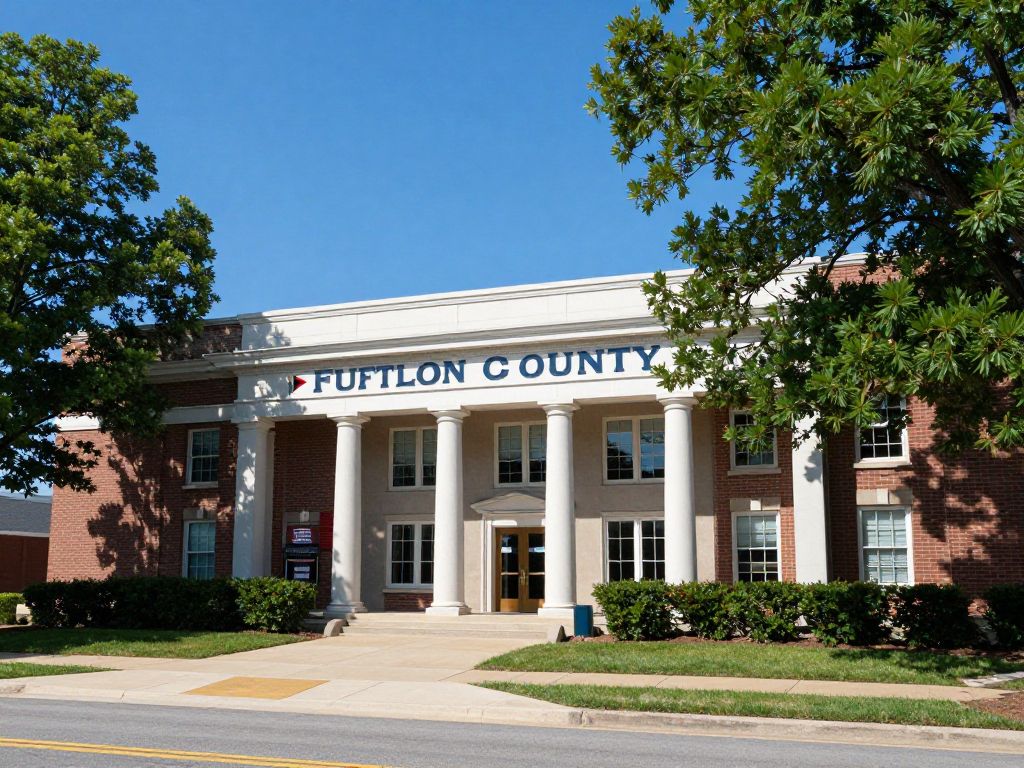News Summary
The Georgia Secretary of State’s Office is auditing the Public Service Commission primary election due to low voter turnout, with only 3% of registered voters participating. The audit seeks to reinforce election integrity amid scrutiny, especially as PSC decisions can affect utility rates. The current commission consists entirely of Republican members, with upcoming runoff elections influencing crucial policies related to utilities. The audit is expected to conclude by the end of the month, with the general election approaching.
Atlanta, Georgia — The Georgia Secretary of State’s Office is currently conducting an audit of the June 17 Public Service Commission (PSC) primary election due to a significant concern regarding low voter turnout. Approximately 200,000 voters cast their ballots during the primary, accounting for merely 3% of the state’s 7.4 million active registered voters. This low participation raises alarms, especially as the decisions made by the PSC, which regulates essential utilities and their rates, could potentially impact a hefty $10 million in county expenses.
The PSC plays a crucial role in overseeing electricity and gas rates across Georgia, making its function vital to residents and businesses alike. The current commission is entirely composed of Republican members, with significant races at stake. Republican incumbent Tim Echols in District 2 won with 75.81% of the vote against his opponent, Lee Muns, who secured 24.19%. Echols is set to compete against Democrat Alicia Johnson in the general election following her unopposed primary run.
In District 3, the primary election saw no Democratic challenger achieving a majority against GOP incumbent Fitz Johnson. Keisha Sean Waites led with 46.04%, followed by Peter Hubbard at 33.32%, and Robert Jones with 20.63%. A runoff election will take place on July 15 between Waites and Hubbard as they vie for a chance to challenge Johnson in the general election. These elections are crucial as they can directly influence policies related to utilities and infrastructure, including natural gas rates managed for companies like Atlanta Gas Light and Liberty Gas.
The audit, which involves a random selection of ballots assessed by rolling a 10-sided die to ensure transparency and accuracy, is anticipated to conclude by Monday, June 30. Secretary of State Chief Operating Officer Gabriel Sterling is overseeing this process, which aims to reinforce the integrity of the recent primary election amidst scrutiny over voter turnout and election access.
These primary elections were initially postponed from 2022 due to a lawsuit that challenged the election method as potentially discriminatory towards Black voters. The situation intensified in District 3, where GOP candidate Daniel Blackman faced eligibility challenges that ultimately resulted in his disqualification.
Georgia’s PSC not only determines utility rates but also has regulations in place concerning power service disconnections, particularly during extreme weather events when maintaining air conditioning is vital for health and safety. As the general election approaches on November 4, awareness and participation in these critical elections are increasingly essential for Georgia’s residents.
Both incumbent PSC members expressed their gratitude towards voters in their respective victory statements, highlighting the importance of leadership and rate relief for Georgia families. As the audit progresses and the runoff election is prepared, voters will need to stay informed about the candidates and implications of their decisions regarding public service regulation for years to come.
Deeper Dive: News & Info About This Topic
HERE Resources
Georgia Power Customers to Avoid Rate Increase
Additional Resources
- WRDW News
- Wikipedia: Public Service Commission (Georgia)
- Atlanta News First
- Google Search: Georgia Public Service Commission election
- Georgia Recorder
- Encyclopedia Britannica: Election
- Fox 5 Atlanta
- Google News: Georgia Public Service Commission

Author: STAFF HERE ATLANTA WRITER
The ATLANTA STAFF WRITER represents the experienced team at HEREAtlanta.com, your go-to source for actionable local news and information in Atlanta, Fulton County, and beyond. Specializing in "news you can use," we cover essential topics like product reviews for personal and business needs, local business directories, politics, real estate trends, neighborhood insights, and state news affecting the area—with deep expertise drawn from years of dedicated reporting and strong community input, including local press releases and business updates. We deliver top reporting on high-value events such as vibrant music festivals like Shaky Knees and Music Midtown, major cultural celebrations including Dragon Con and the Atlanta Film Festival, and iconic sporting events like the Peachtree Road Race. Our coverage extends to key organizations like the Metro Atlanta Chamber of Commerce and the Atlanta Convention & Visitors Bureau, plus leading businesses in logistics, beverages, and retail that power the local economy such as Delta Air Lines, The Coca-Cola Company, and The Home Depot. As part of the broader HERE network, including HEREAugusta.com and HERESavannah.com, we provide comprehensive, credible insights into Georgia's dynamic landscape.





